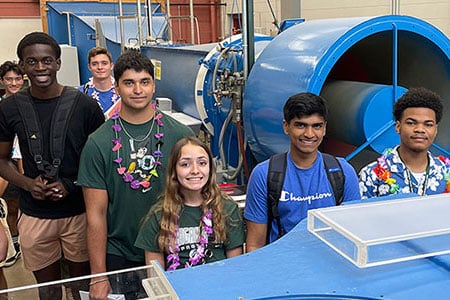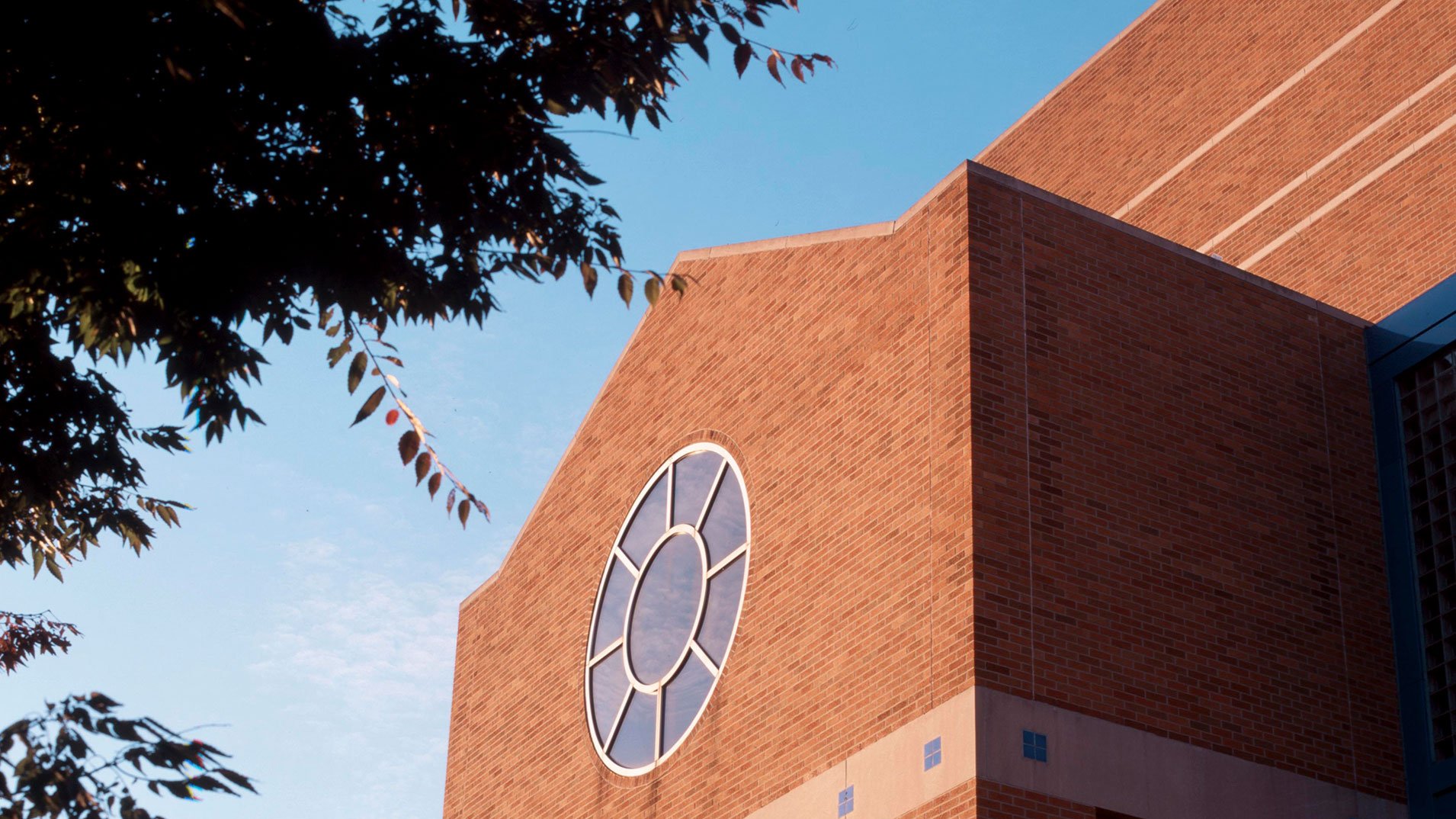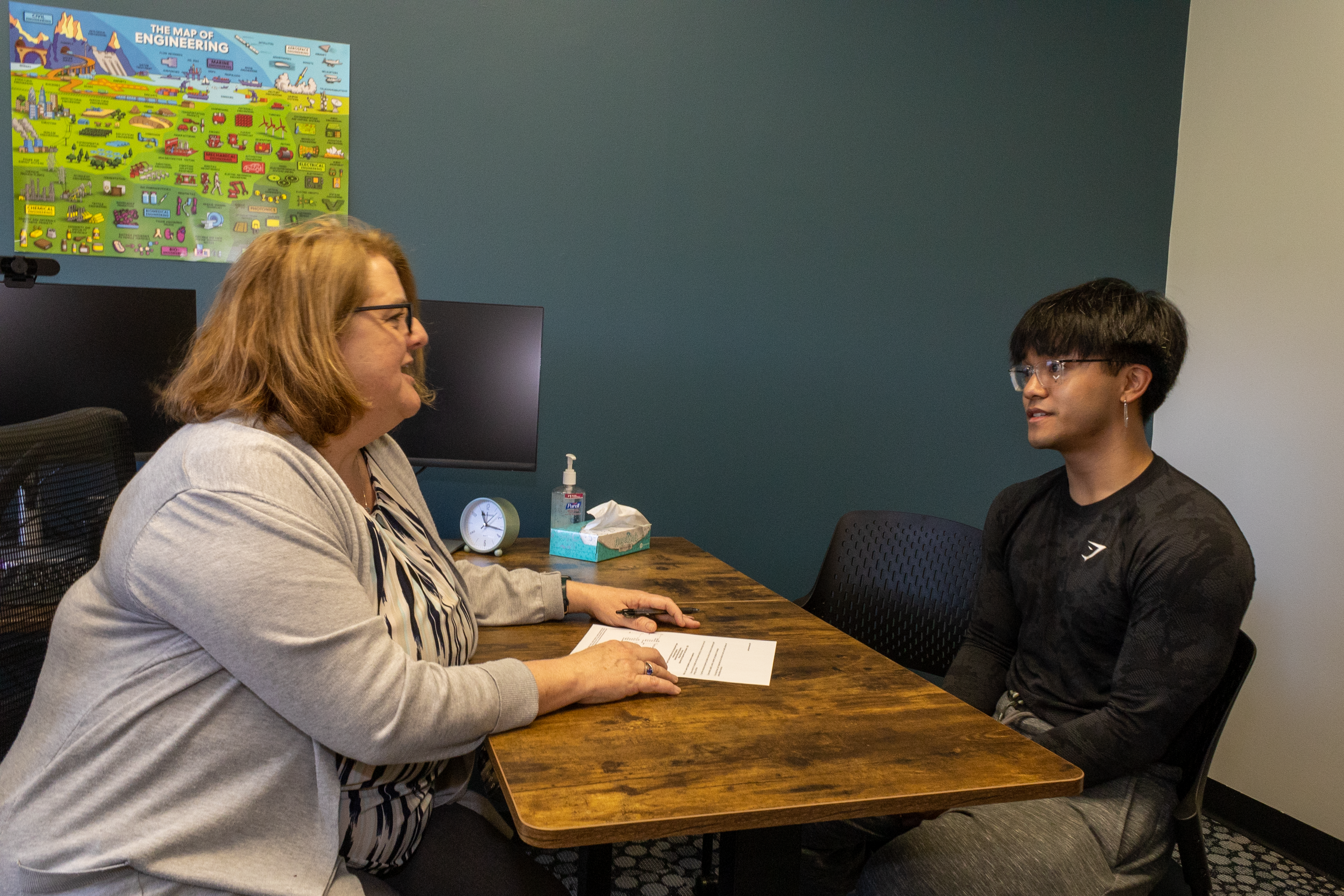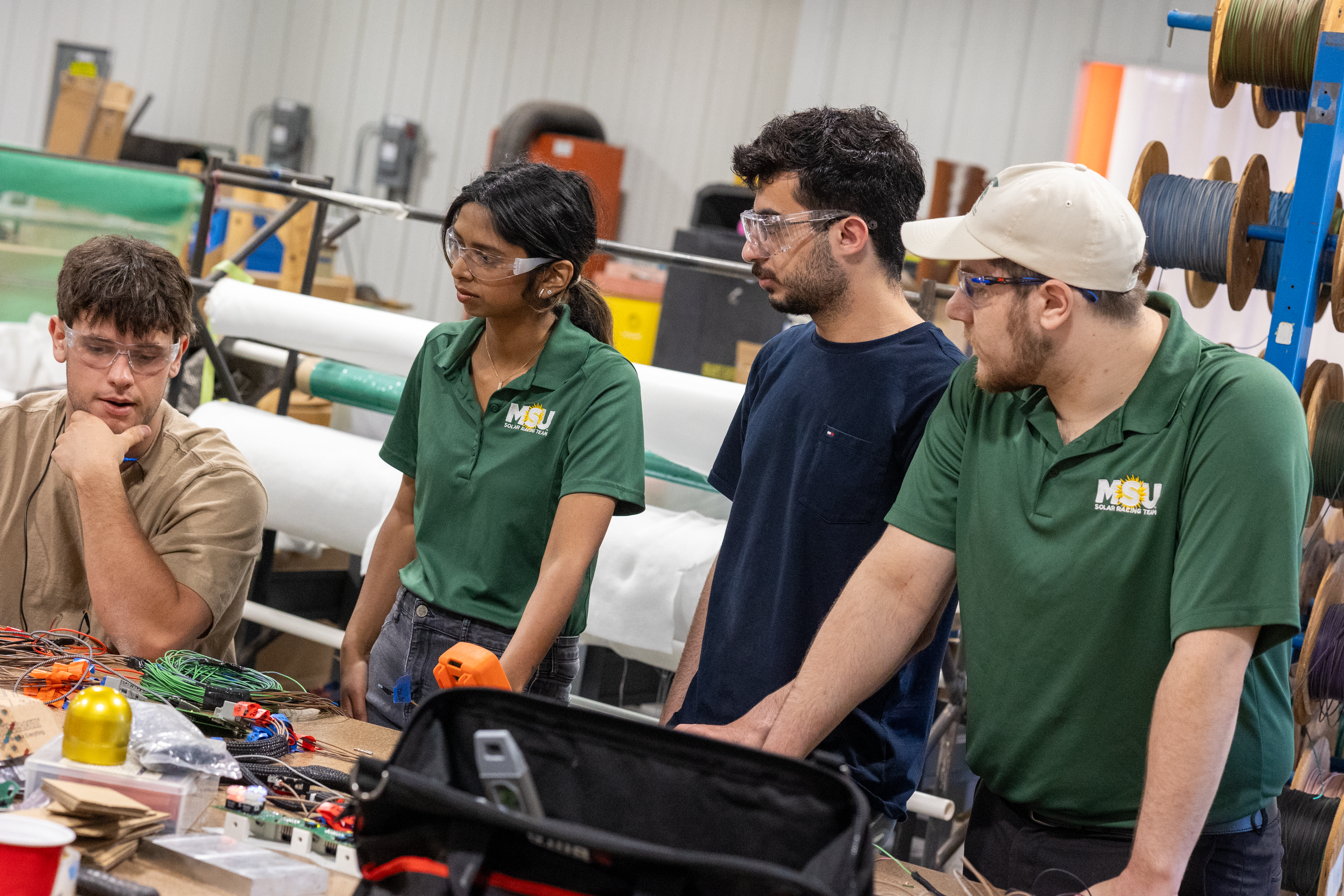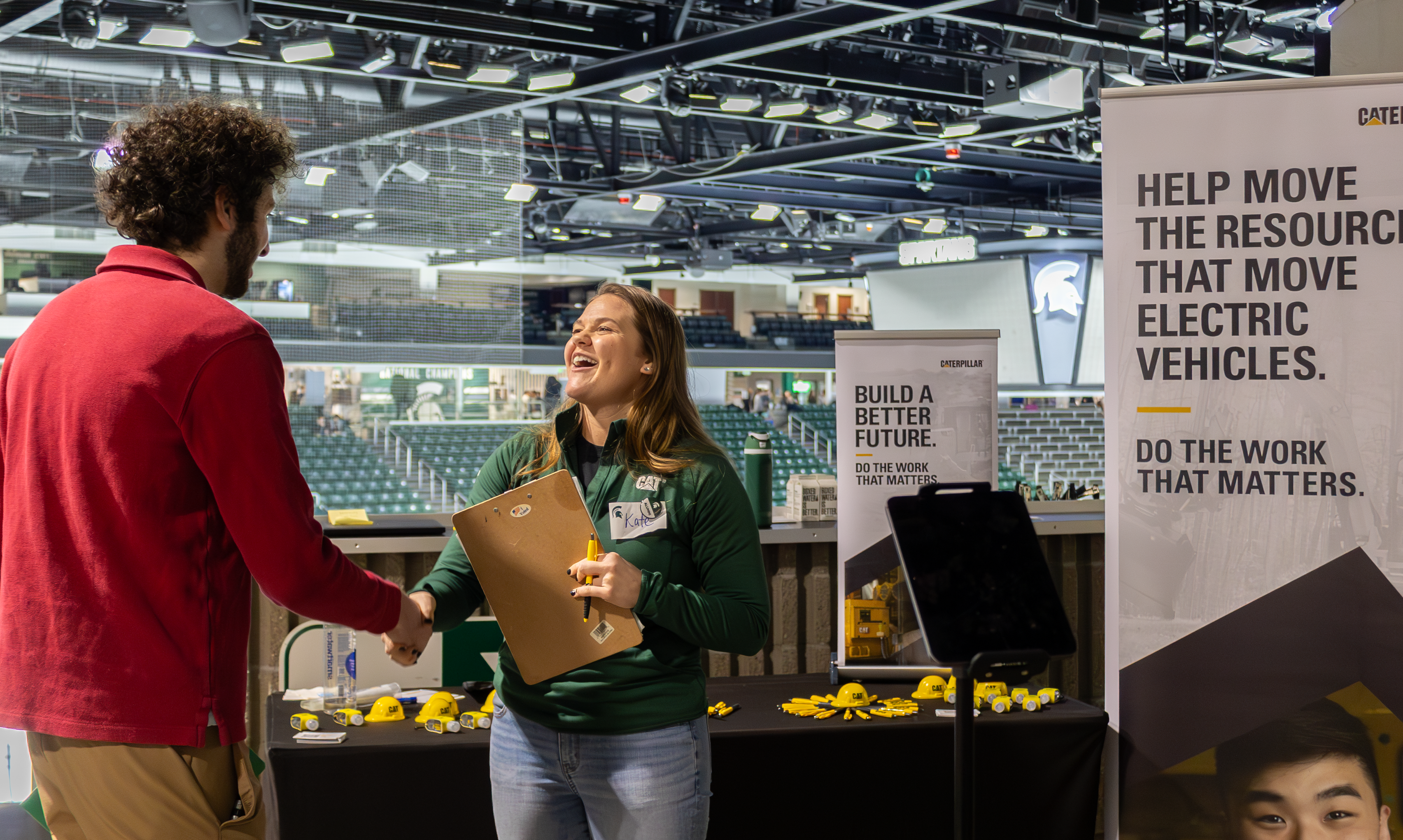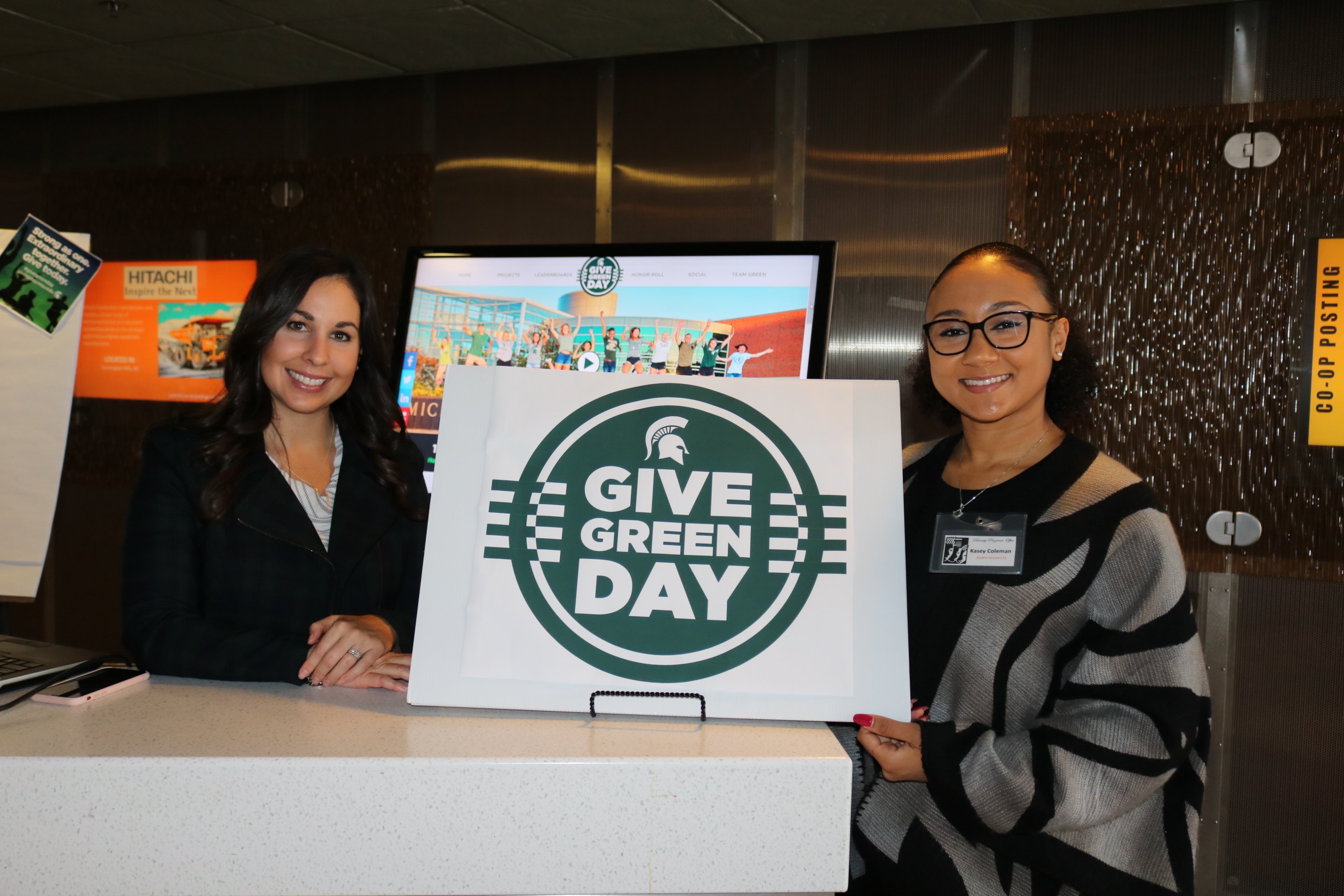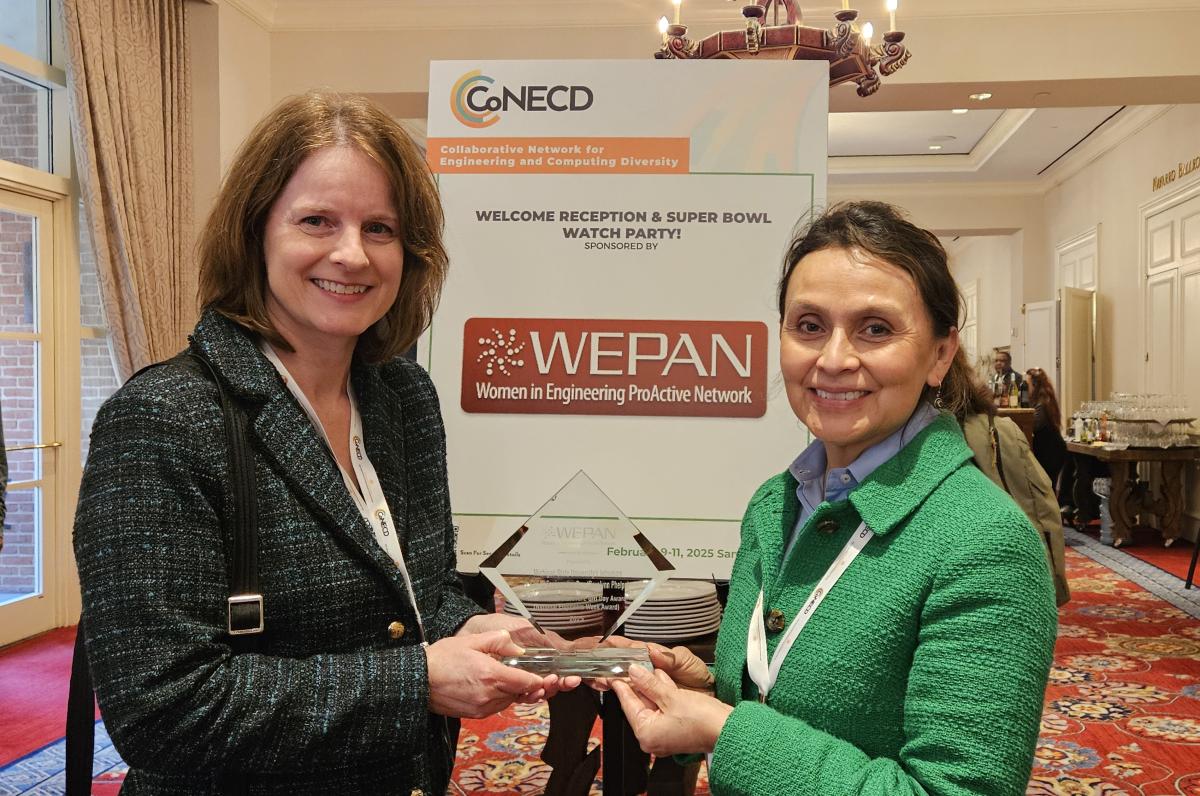Inclusive Excellence
- Broadening Participation K-12
- First-Generation Student Initiatives
- Multi-cultural Initiatives
- Gender and Sexuality Student Success
- Women in Engineering
- Veteran and Miliary-Connected Students
- International Students
- Future Students
- The Center for Spartan Engineering
- Inclusive Excellence and Impact
- Student Groups
- News
- Events
- Contact Us
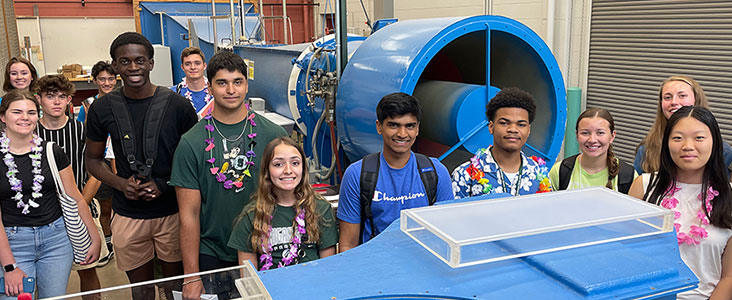
A Place to Belong and Thrive
We strive to provide a place where faculty, students, and staff experience and contribute to a community that embraces and celebrates every member. Through our collective efforts, we aim to offer each individual a supportive, positive, and safe environment that results in a place for all to belong and thrive.
We celebrate our vibrant community where all are valued, and together we commit to continuous learning, growth in thinking, and respect for differing perspectives and beliefs.
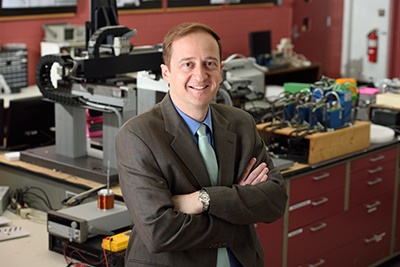
Dean’s Message
At Michigan State University's College of Engineering, we commit to ensuring access to high-quality engineering and computer science education programs for all. We believe people thrive in environments where we focus on the impact of our words, actions, and decisions while striving to provide every individual with opportunity and community.
Read John Papapolymerou's welcome letter
Programs and Initiatives
Broadening Participation K-12
Increasing awareness of the meaningful ways engineering impacts lives with a focus on inclusive excellence starts here.
Women in Engineering
We coordinate programs and resources to support engineering students from all backgrounds.
First-Generation Student Initiatives
Supporting students who are the first in their family to attend college with resources for a successful college experience.
Multi-Cultural Initiatives
Through multicultural programming and community-building, our goal is to foster student success in engineering.
Gender and Sexuality Student Success
Retaining students from first-year to senior year starts with a commitment to customized programming and mentoring.
Veterans and Military-Connected Students
Creating a community of support starts with understanding the unique needs of our students.
All students are welcome to participate in the College of Engineering’s events, programs, and services.
Faculty Research Activities
Supporting Smallholder Farmers Nigeria
Working with an interdisciplinary team of experts from Finland, Nigeria and South Africa to address disparities in resource availability and realize decentralized clean energy solutions for rural farmers in Taraba State.
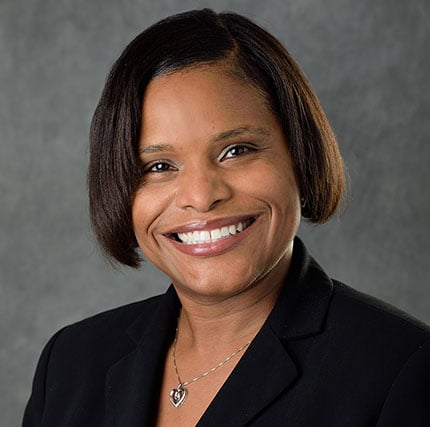
Reducing Racial Disparities in Cancer Outcomes
For some cancers, there are substantial disparities in outcomes for different racial groups, with as much as 30% lower five-year survival for some groups. This research will seek to find hidden data features that may help guide treatment for disparate groups.
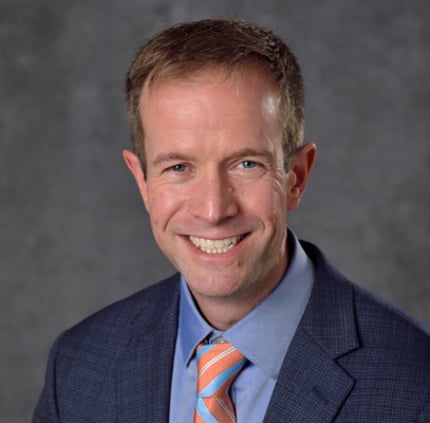
Engineers Without Borders (EWB –MSU)
EWB-MSU students partner with communities around the world to create sustainable solutions and build a better world. Shown here are MSU students building a rainwater collection system for a school in Buyuni, Tanzania.
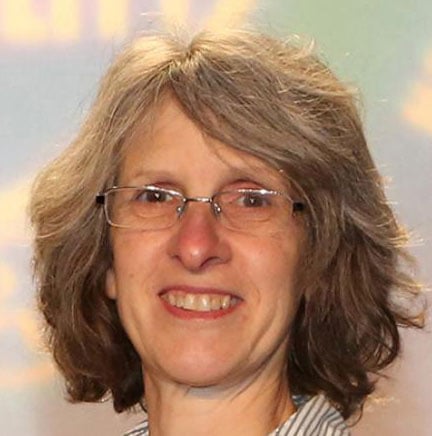
Supporting Rural Farming Communities
Spartan engineers are developing snake robots for monitoring agricultural drainage pipes, to facilitate decision-making in management of drainage infrastructure and farming practices for rural communities.
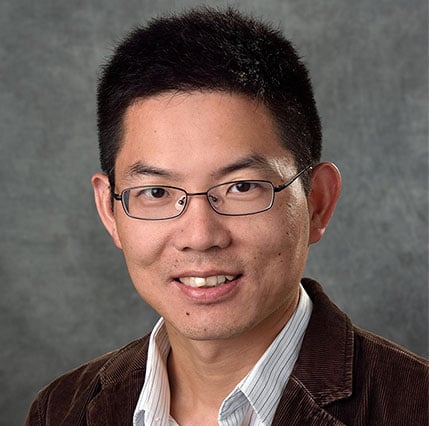
All students are welcome to participate in the College of Engineering’s events, programs, and services.
